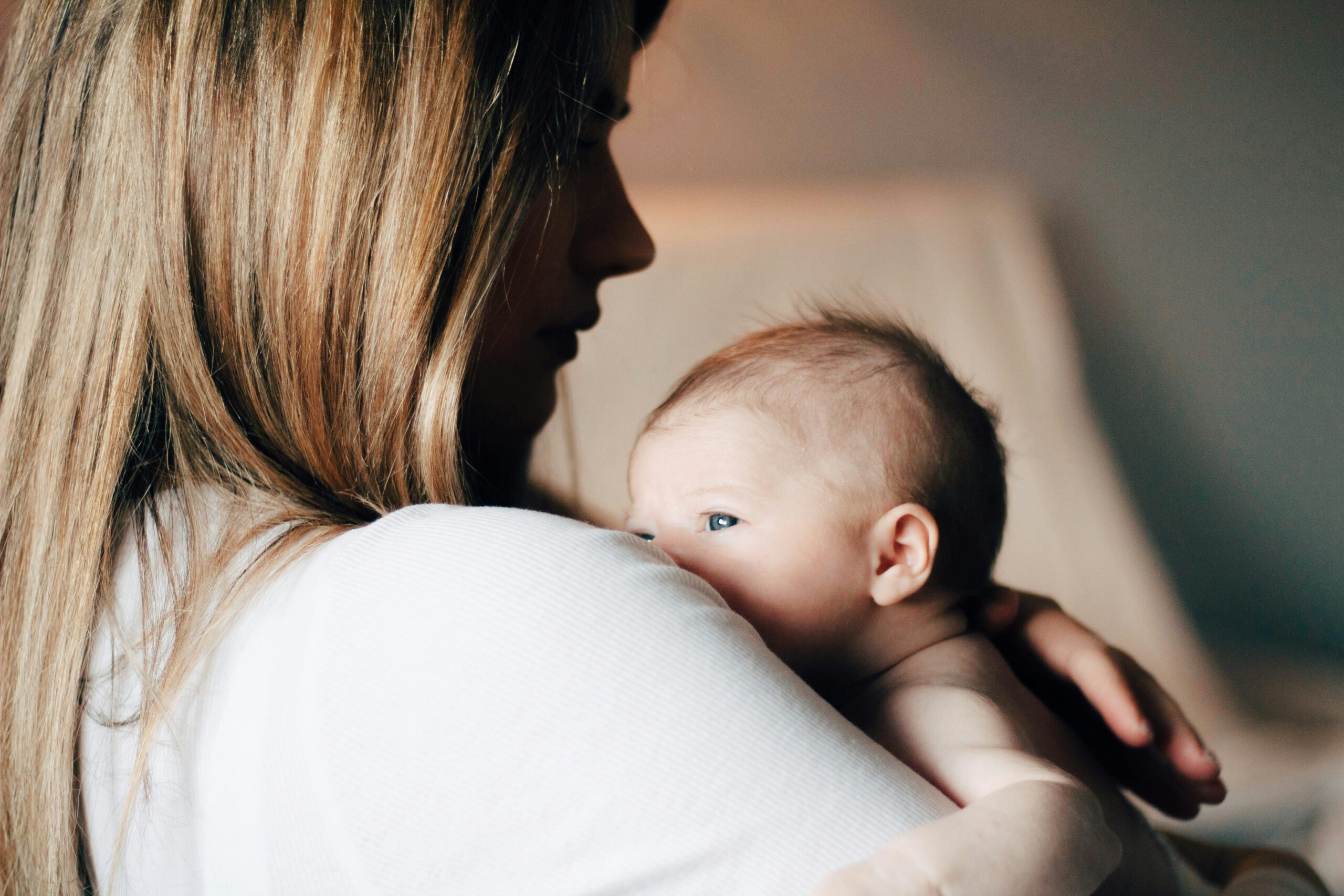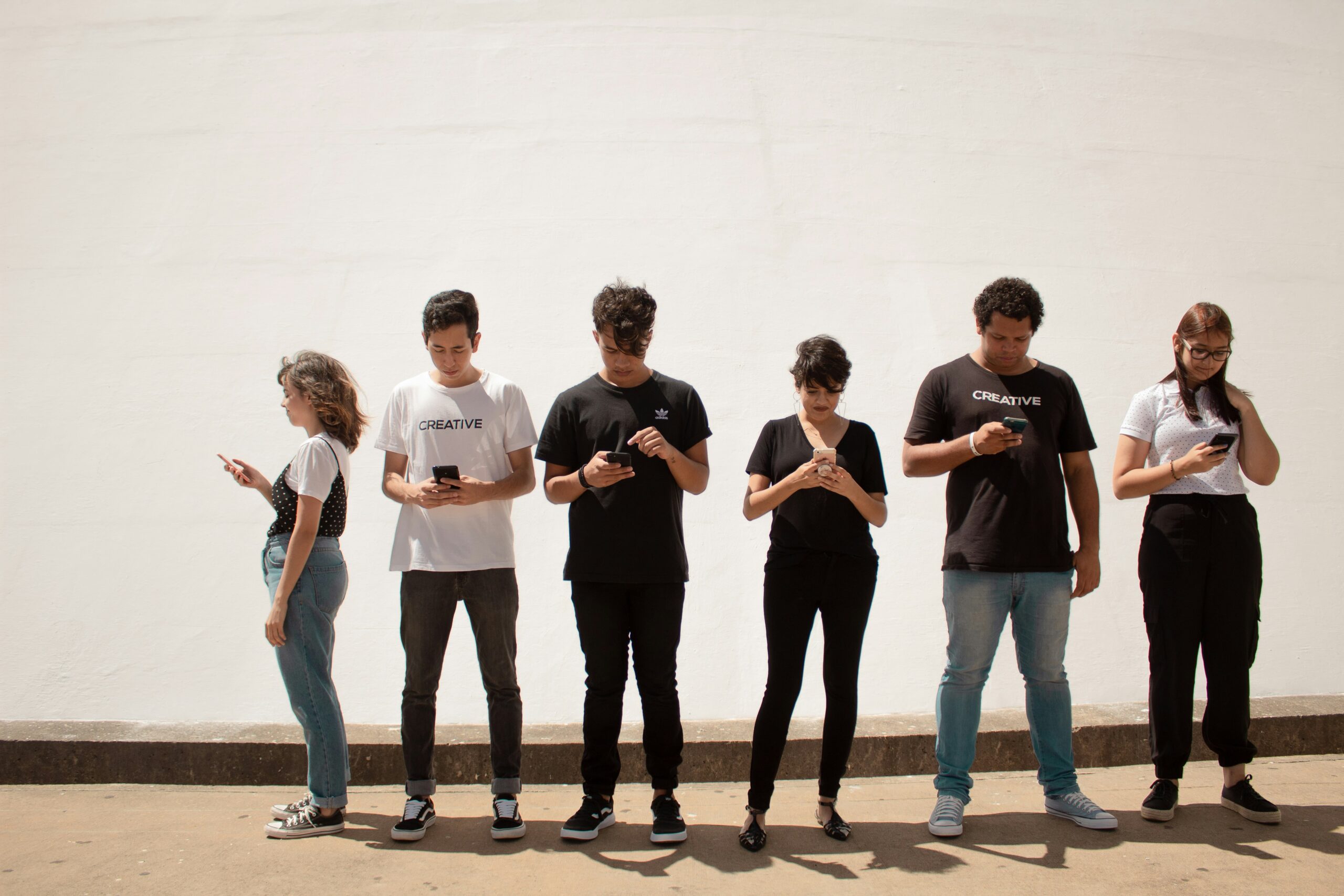
Infants are born in a fragile and desperate need for love. They can’t verbally communicate, so they cry and kick. We should take the initiative to love them. Parental love provides care and connection.
It is vital to be physically present at birth to give bonding a solid start. We hold them in our arms as soon as possible and look into their eyes. We address them with their names and speak tenderly to them. We recite to them words of fondness, honor, and encouragement.
We comfort them with our words and embrace them during fear or hurt. We celebrate them daily, rejoicing in every new task they perform.
We aim for our actions and words to register with them as love perceptions so they always feel loved. Once they store enough love deposits, they feel loved even in our absence. Then they are ready to venture out and explore boundaries.
We want to affirm our love for toddlers when they say no. We don’t attempt to change it to yes. Their no is their way to differentiate themselves and form their identity. We want to focus on keeping them safe when they say it.
We want to relate to teens increasingly through the distinctness lens. We aim to balance loving teenagers against transferring responsibility to them. Our love fortifies them so they own more.
One of parental love’s functions is to discipline children. Hebrews 12:6 “Because the Lord disciplines the one he loves, and he chastens everyone he accepts as his son.” Discipline can take the form of letting children experience consequences. It is better to plan the discipline and inform the kid. We want to stay connected with them during the discipline and step in if the experience becomes harmful. Romans “1310 Loves does not harm one,
. We should never judge shame or withdraw love when our teenagers offend or behave irresponsibly. Our continued love liberates them from experiencing consequences due to choices and not punishments. Colossians 3:21 fathers, do not provoke your children lest they become discouraged.”
We cannot bestow on kids through parenting what we don’t have. We need to have bonded in love and become responsible before we can demonstrate these through our parenting.
We aim for our youths to form their identity and become responsible for its disclosure. Success in education or career comes next.
Unlike romantic love or friendship, parental love lacks equality at the beginning. But it encourages equality as teens come from under authority and adopt an equal position with us. We then relate to them as friends through the levelness lens. In Matthew 12:48. Jesus’ mother and brothers asked to speak with him while he was teaching. He replied, “Here are my mother and my brothers.
Leveling with parents does not put away honoring and serving them when in need. Exodus 20:12. It means that parents and teens are equal and free adults. We can stand up to and disagree, even confront them in love.
Parental love inspires hope in children. It is the hope that claims self-value through love relationships. It rejects achievement as the source of self-value and protects children from this disillusionment.







